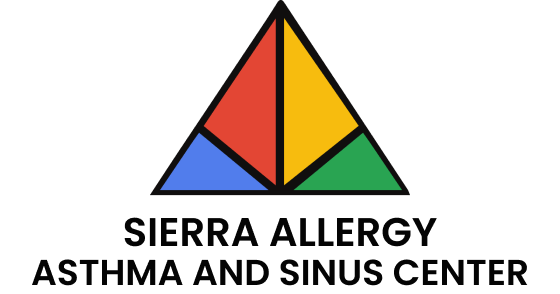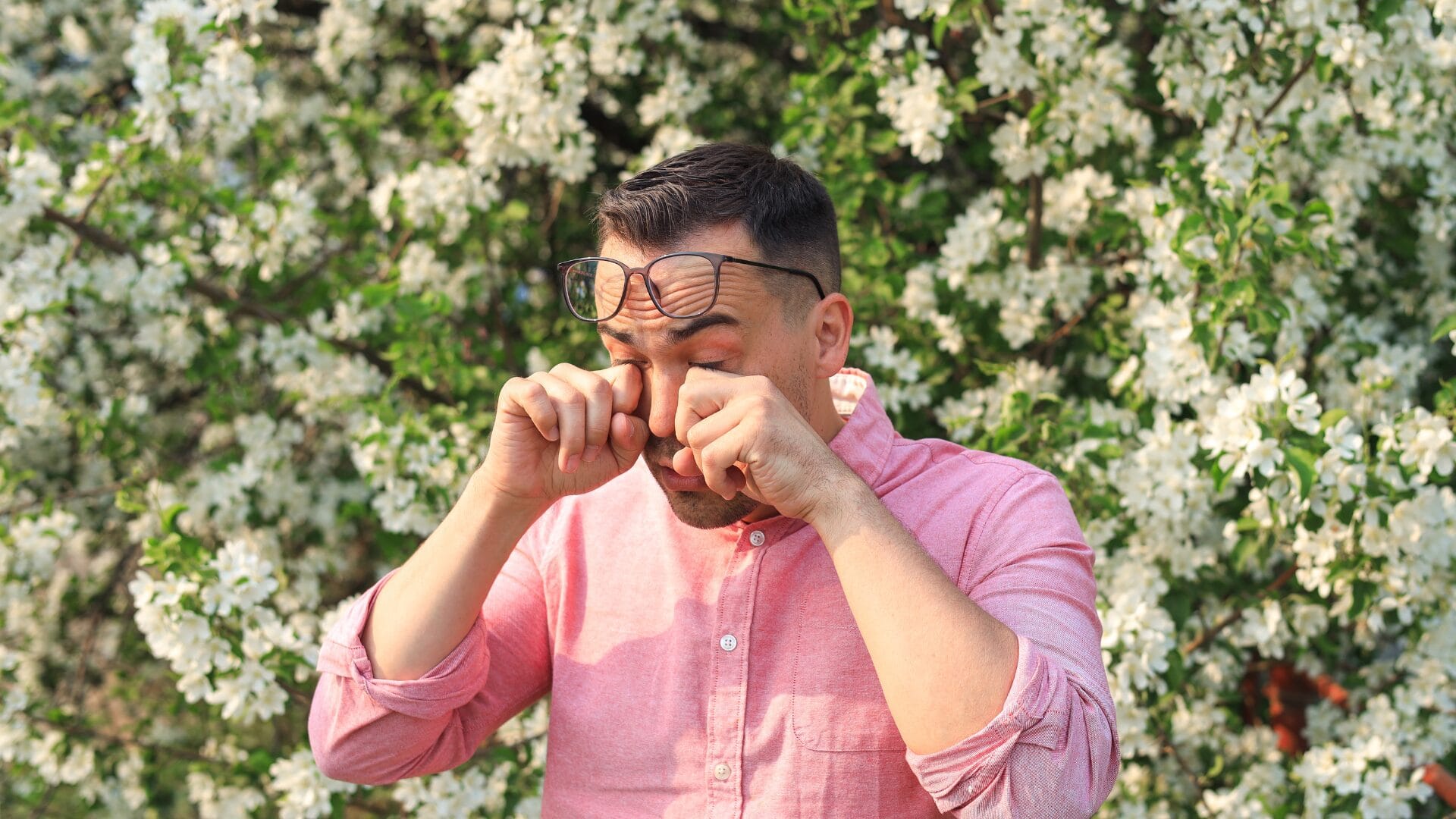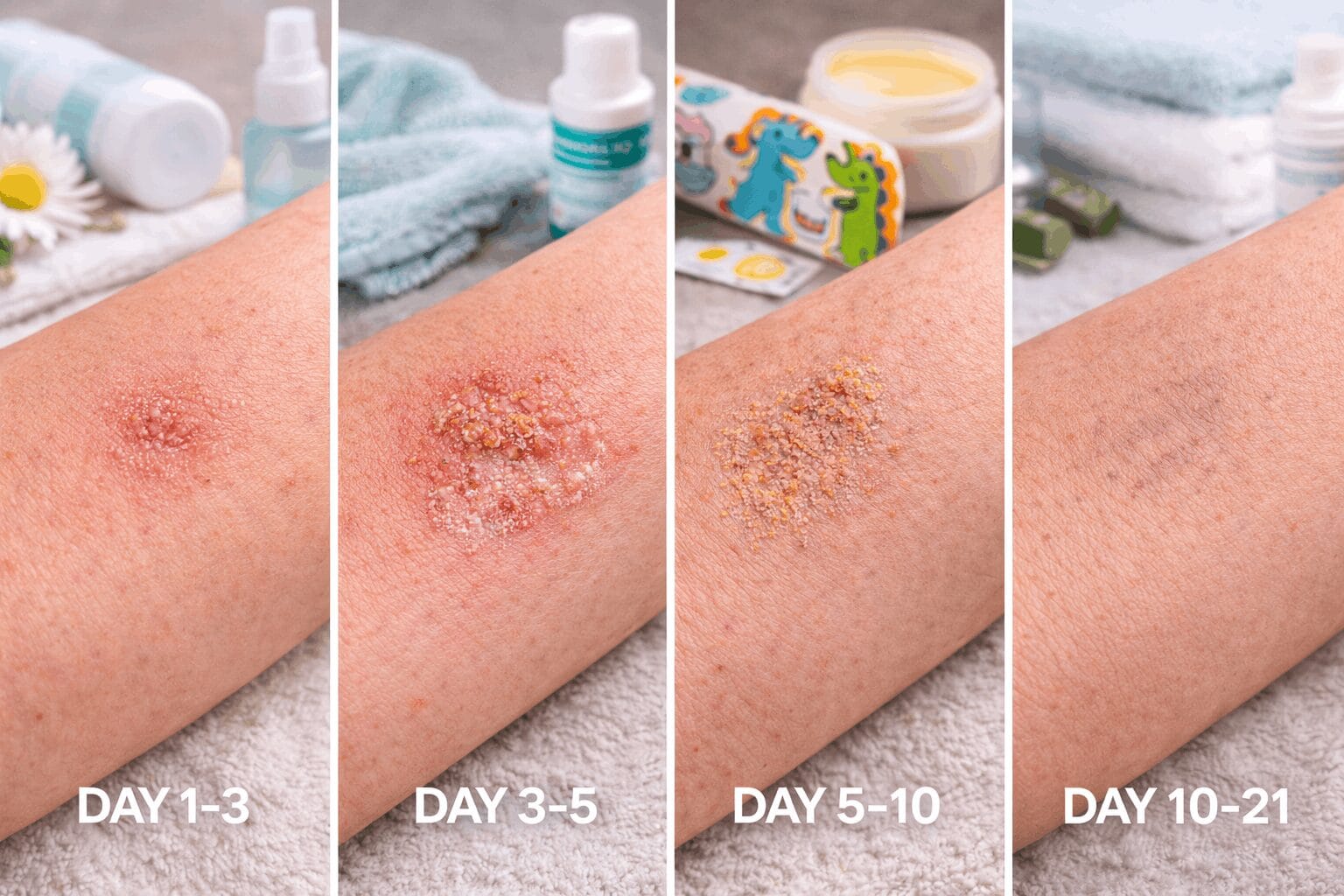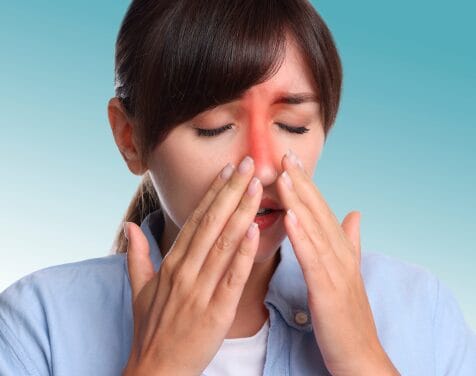
What is allergic rhinitis?
Allergic rhinitis, also known as hay fever, is an allergic reaction to micro particles in the air that are called allergens. When these particles are inhaled by your nose and mouth, your body releases a chemical called histamine, which results in symptoms like itchy eyes and sneezing. It is important to mention that hay itself may not be causing hay fever. The common cold, which is called infectious rhinitis, is different from allergic rhinitis.
What are the symptoms of allergic rhinitis?
Common symptoms of allergic rhinitis are similar to a cold and include:
- • Sneezing
- • An itchy nose
- • a runny or blocked nose
- • itchy, red, and watery eyes
- • a cough
- • The roof of your mouth is itchy
How do I know if I have allergic rhinitis?
Allergic rhinitis can be tested through an allergy test. After doing physical exams and assessing medical history, allergy specialists can do either of the following:
- • Skin prick test: It involves applying small amounts of various allergens to your skin (usually the forearm or back) and then pricking the skin to allow the allergen to enter. A positive reaction (wheal and flare, or a raised, red bump) indicates an allergy to that specific substance.
- • Blood test: A blood sample is taken and analyzed for the presence of specific IgE antibodies, which are produced by the immune system in response to allergens. Elevated levels of IgE antibodies to a particular allergen suggest an allergy.
Is allergic rhinitis contagious?
Allergic rhinitis is a reaction from your immune system, not caused by viruses and bacteria, and therefore, is not contagious. It’s an allergic reaction triggered by substances like pollen, dust mites, or pet dander.
How long does allergic rhinitis last?
The span of allergic rhinitis depends on the allergen and the person affected. For many, it’s a temporary condition that clears up within a few days, especially with treatment. However, if the allergen is persistent (like dust mites or pet dander) or if it’s a seasonal allergy (like pollen), symptoms can last for weeks or even months.
How to cure allergic rhinitis permanently?
While there isn’t a guarantee to get a permanent cure for allergic rhinitis, allergen immunotherapy, or sublingual immunotherapy is the most effective treatment for long term remission and potentially a cure. Immunotherapy gradually exposes the body to allergens.
Can allergic rhinitis cause sleep apnea?
Allergic rhinitis can be a contributing factor to obstructive sleep apnea (OSA). Allergic rhinitis, commonly known as hay fever, causes inflammation and swelling in the nasal passages and airways, leading to congestion and difficulty breathing. This congestion can worsen existing OSA or even contribute to its development by increasing airway resistance and promoting mouth breathing, which can narrow the upper airway.
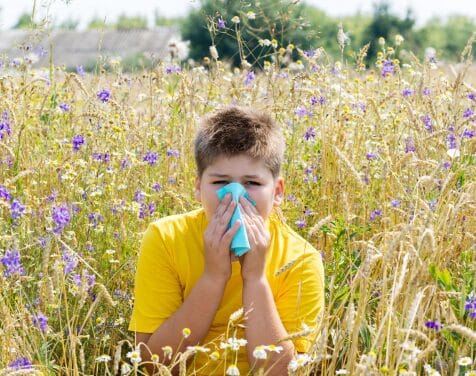
What can I do to avoid allergic rhinitis symptoms?
The following are some simple steps to avoid allergies:
- • Identify and avoid allergens: Work with a doctor to pinpoint the specific allergens causing your allergic rhinitis (e.g., pollen, dust mites, pet dander) and reduce exposure.
- • Manage Your Environment: Regular cleaning, Vacuuming, Air purification, and changing clothes after spending time outdoors.
Treatments for allergic rhinitis in Fresno and Merced
- 1. Allergy Shots (Subcutaneous Immunotherapy SCIT)
Traditional injections administered under the skin over time to desensitize the immune system to specific allergens.
- 2. Sublingual Drops (Sublingual Immunotherapy SLIT)
Allergen extracts placed under the tongue, a needle free alternative to build tolerance.
- 3. Medications
Includes antihistamines (to control sneezing, itching, and runny nose) and nasal sprays (likely corticosteroid sprays) to reduce inflammation and congestion.
- 4. Environmental Control Measures
Non medical approaches such as HEPA air purifiers, avoidance strategies, and lifestyle modifications to reduce allergen exposure.
- 5. Allergy Testing
Diagnostic tools like skin prick tests, used to identify specific triggers. The results help tailor treatment choices.
Are there natural remedies for allergic rhinitis?
Saline Nasal Rinses
Flushing your nasal passages with a saline solution can help remove allergens and mucus, relieving congestion and irritation.
Vitamin C
A natural histamine that relieves the severity of allergy symptoms. Include foods like citrus fruits, bell peppers, and broccoli in your diet.
Warm Compress
Applying a warm compress to your sinuses can help soothe pain and pressure associated with allergic rhinitis. It can also help loosen congestion.
Herbal Remedies:
Butterbur: Some studies suggest butterbur may help reduce nasal congestion and sneezing.
Stinging Nettle: This herb is known for its anti inflammatory properties and may help alleviate allergy symptoms.
Perilla and Sea Buckthorn: These herbs have also shown promise in managing allergic rhinitis.
Probiotics:
Probiotics, found in fermented foods like yogurt, can help strengthen the immune system and potentially reduce allergic reactions. Research suggests probiotics may help reduce the number of allergy episodes experienced each year.
Does allergic rhinitis go away?
Allergic rhinitis is known to increase in severity with age; however, it is not impossible for it to completely go away. Symptoms may decrease over time, especially in children, while they mostly continue to surface, at least into middle age.
Final thoughts
Allergic rhinitis may seem like just another seasonal inconvenience, but its impact on daily life, your focus, your sleep, and even your joy can be significant. The good news is, you’re not powerless. With the right combination of awareness, medical support, and lifestyle changes, you can breathe easier literally. Whether it’s steering clear of triggers, considering immunotherapy, or simply rinsing away the allergens, small steps can make a big difference. Talk to a specialist, take control of your environment, and rediscover what it feels like to live without the constant sniffles. Relief is not just possible, it’s closer than you think.
Frequently Asked Questions
Is allergic rhinitis the same as a common cold?
No, allergic rhinitis is caused by allergens like pollen or dust mites, while the common cold is caused by a virus. Their symptoms may overlap, but the causes and treatments are different.
Can allergic rhinitis be cured permanently?
While there’s no guaranteed cure, treatments like allergy immunotherapy (shots or drops) can significantly reduce symptoms and may lead to long-term relief.
Can children and infants have allergic rhinitis?
Yes. Allergic rhinitis can affect people of all ages, including children and infants, especially if there’s a family history of allergies.
What’s the best time to take allergy medication?
It’s best to take allergy medications before exposure to allergens, ideally in the morning or as advised by your doctor, to prevent symptoms before they start.
Can allergic rhinitis make asthma worse?
Yes. Allergic rhinitis and asthma often go hand in hand. Inflammation from allergic rhinitis can trigger or worsen asthma symptoms.
Is it safe to go outside during high pollen seasons?
Yes, but take precautions like wearing a mask or sunglasses, keeping windows closed, and showering after being outdoors to minimize exposure.
Can allergic rhinitis affect sleep?
Absolutely. Nasal congestion, sneezing, and postnasal drip from allergic rhinitis can disrupt your sleep and lead to fatigue during the day.
